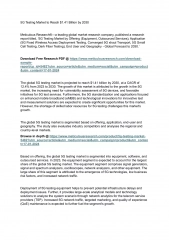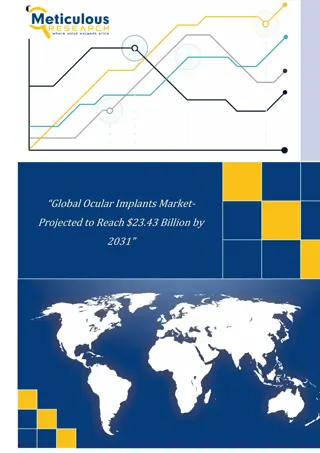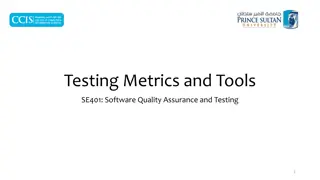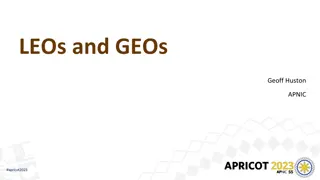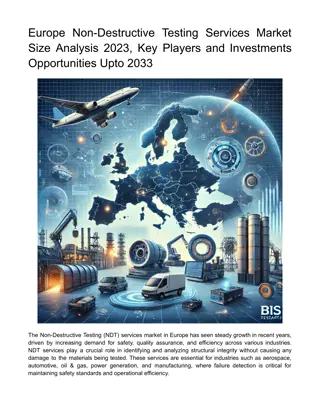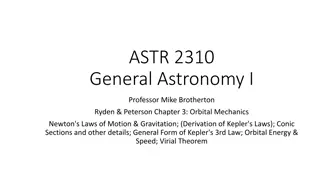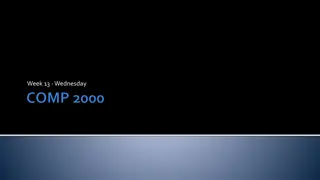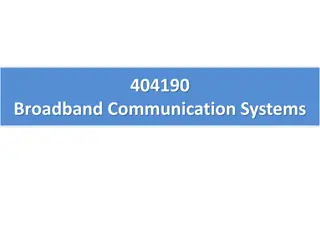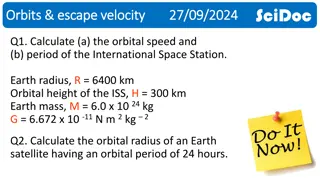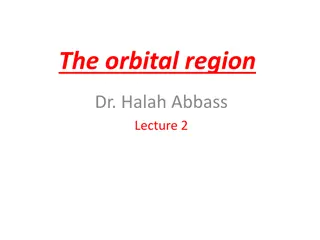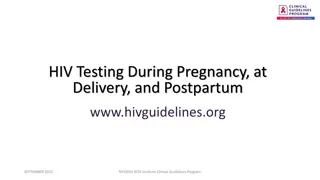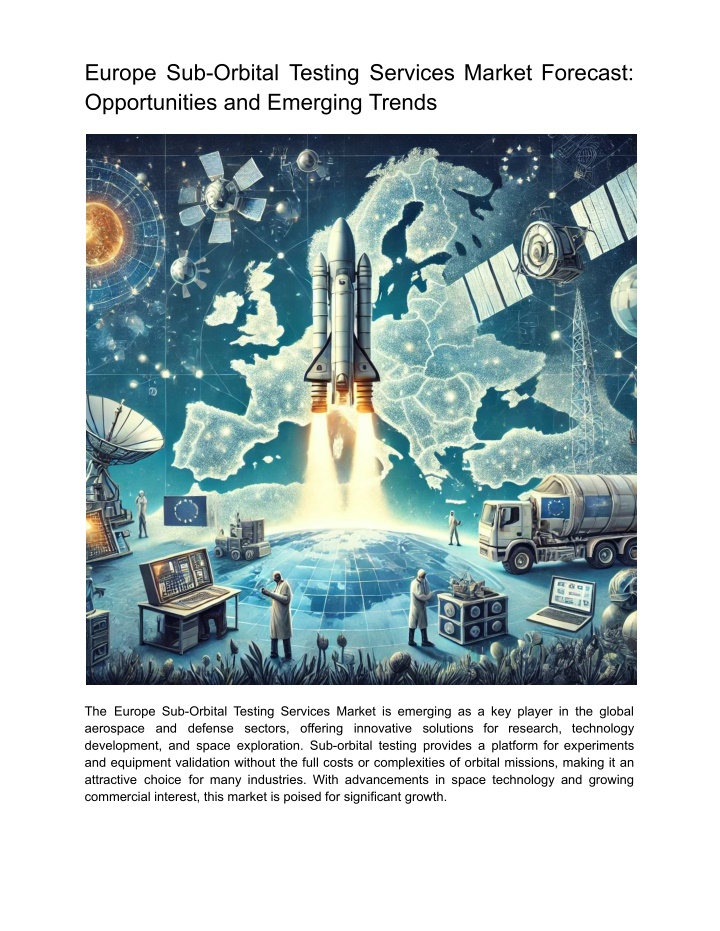
Europe Sub-Orbital Testing Services Market Forecast & Opportunities
The Europe sub-orbital testing services market is estimated to reach $30.7 million by 2032 from $16.4 million in 2022, at a CAGR of 6.48% during the forecast period 2022-2032.nnRead Report Overview: //bisresearch.com/industry-report/europe-sub-
Download Presentation

Please find below an Image/Link to download the presentation.
The content on the website is provided AS IS for your information and personal use only. It may not be sold, licensed, or shared on other websites without obtaining consent from the author. If you encounter any issues during the download, it is possible that the publisher has removed the file from their server.
You are allowed to download the files provided on this website for personal or commercial use, subject to the condition that they are used lawfully. All files are the property of their respective owners.
The content on the website is provided AS IS for your information and personal use only. It may not be sold, licensed, or shared on other websites without obtaining consent from the author.
E N D
Presentation Transcript
Europe Sub-Orbital Testing Services Market Forecast: Opportunities and Emerging Trends The Europe Sub-Orbital Testing Services Market is emerging as a key player in the global aerospace and defense sectors, offering innovative solutions for research, technology development, and space exploration. Sub-orbital testing provides a platform for experiments and equipment validation without the full costs or complexities of orbital missions, making it an attractive choice for many industries. With advancements in space technology and growing commercial interest, this market is poised for significant growth.
According to BIS Research, the Europe sub-orbital testing services market is estimated to reach $30.7 million by 2032 from $16.4 million in 2022, at a CAGR of 6.48% during the forecast period 2022-2032. In the coming years, it is expected that additional players will enter the European sub-orbital market, leading to reduced launch costs for sub-orbital testing services. The growing deployment of small satellites, particularly in the 1-50 kg mass range, will drive greater demand for these services. Sub-orbital testing providers are projected to experience increased demand from 2022 to 2032, as smaller spacecraft often rely on Commercial Off-The-Shelf (COTS) subsystems and components that are not typically space-certified. Key Drivers in Europe Sub-Orbital Testing Services Market Growing Demand for Space Research: The rise in space exploration initiatives by private companies and government agencies is driving demand for sub-orbital testing services. These services are crucial for scientific experiments, payload validation, and pre-flight equipment testing, allowing organizations to optimize technology before launching into orbit. Commercialization of Space Travel: The commercialization of space travel has led to the development of reusable sub-orbital vehicles. These vehicles are not only used for space tourism but also for research, creating new opportunities for the Europe Sub-Orbital Testing Services Industry. Cost-Effectiveness and Efficiency: Sub-orbital missions offer a cost-effective alternative to orbital launches. They allow companies to conduct tests and gather data without the high expenses associated with reaching full orbit. This is particularly beneficial for startups and small businesses in the aerospace sector looking to develop new technologies. Request A Free Detailed Sample on Europe Sub-Orbital Testing Services Market! Technological Advancements The Europe Sub-Orbital Testing Services Industry is witnessing rapid advancements in reusable launch vehicles, which significantly reduce the cost of missions. Companies like Blue Origin and Virgin Galactic are leading the way with their sub-orbital platforms, providing Europe-based entities access to advanced testing environments. Another notable development is the integration of autonomous systems and AI in sub-orbital vehicles. These innovations enhance precision in data collection and improve the safety and efficiency of sub-orbital tests. Challenges Facing the Market Despite its potential, the Europe Sub-Orbital Testing Services Market faces several challenges: Regulatory Hurdles: Navigating the complex regulatory environment of the European Union can be time-consuming, delaying the progress of sub-orbital projects.
High Initial Investments: Although sub-orbital testing is cheaper than orbital missions, the upfront cost of developing launch vehicles and supporting infrastructure is still high. Environmental Concerns: As space exploration grows, so do concerns about its environmental impact. Sub-orbital flights contribute to atmospheric pollution, and stricter regulations may emerge to address these issues. Future Outlook The future of the Europe Sub-Orbital Testing Services Industry looks promising, with increasing interest from both the public and private sectors. As the demand for space research grows, and technology continues to evolve, Europe is expected to play a pivotal role in shaping the future of sub-orbital testing services globally. Moreover, the expansion of space tourism and the push for reusable vehicles will likely drive market growth in the coming years. Companies offering cost-effective and sustainable sub-orbital solutions will be well-positioned to capture market share. Download Our ToC: Click Here! Conclusion The Europe Sub-Orbital Testing Services Market is on a growth trajectory, fueled by technological advancements, increasing demand for space research, and the commercialization of space travel. While challenges exist, the market's potential is vast, offering numerous opportunities for innovation and expansion in the Europe Sub-Orbital Testing Services Industry. With growing interest from aerospace companies, academic institutions, and government bodies, sub-orbital testing is set to become a cornerstone of space exploration and technology development in Europe.

